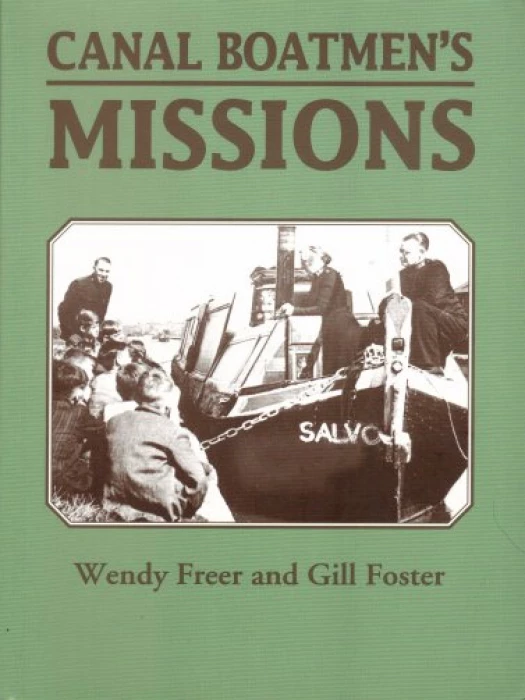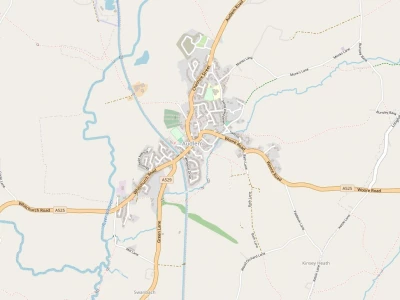Canal Boatmen's Missions
- Author: Wendy Freer
- Binding: Paperback
Canal boatmen's missions, chapels and institutions began to appear towards the end of the 1820s and continued to operate into the second half of the twentieth century. They were to be found in a variety of locations from sail lofts, engine houses and converted barges to more commodious red-brick mission hall and "tin tabernacles". Canal missionaries and chaplains made an important contribution to the social and moral welfare of the "floating population". They provided not only an accessible and welcoming place of worship but also schools, recreational facilities, various charitable services and even, in some cases, medical help. Their work was instrumental in forcing the state to take some responsibility for the unique needs of this special social group. Boatmen's missions were once widespread throughout the country and their attempts to "Christianise" boat people were very much the product of one of the most significant social phenomena of the age. This fascinating look at their evolution, their activities and their influence will be of interest to canal lovers and to those with a general interest in the social history of the 19th and 20th centuries.
Contact Us
CanalBookShop
Audlem Mill Limited
The Wharf
Audlem, Cheshire
CW3 0DX


